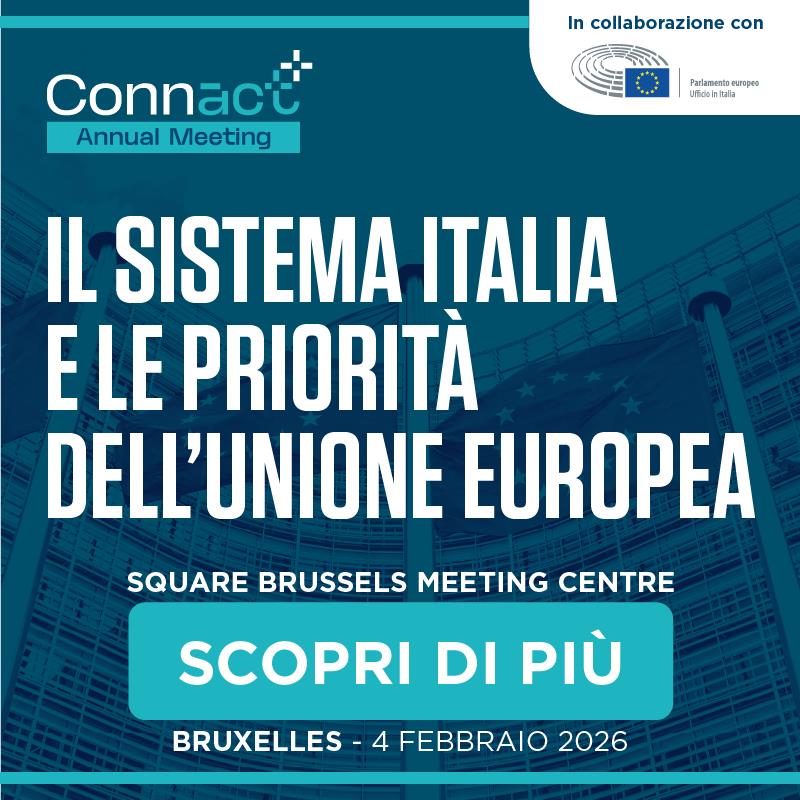Bruxelles – Differentiated integration is not something to be scared about, because it is already running and it is making European Union work. Funda Tekin, Director of the Institut für Europäische Politik (IEP) and one of the authors of the EU IDEA policy paper Differentiated Integration as a Conscious Policy Choice: The Way Forward, is certain: “We are talking about a deliberate choice in specific policy areas, rather than a universal tool”.
This is how differentiated integration is an effective alternative to foster unity in Europe, as long as it upholds an inclusive character. Tekin’s words have been delivered to the EU IDEA Differentiated Integration as a Policy Choice webinar, at the Annual Conference of the Institut für Europäische Politik (IEP) on Thursday 30 September. Moderated by Sandra Lavenex, Professor at the Université de Genève, the event was an opportunity to discuss an issue that is “at the very heart of the debate on the future of Europe”, as well as the main research topic of EU IDEA Project.
EU IDEA – Integration and Differentiation for Effectiveness and Accountability is a project funded by the European Commission under the Horizon2020 programme and led by Istituto Affari Internazionali (IAI), with the participation of Eunews as media partner. EU IDEA addresses differentiation and integration issues, in order to find viable solutions to the current challenges that the EU is facing. Considering the numerous crises that have shaken the foundations of the European Union project, political elites’ and citizens’ preferences about differentiated integration are one of the most prominent challenges.

“It is important to remind that this is a complex and challenging issue, even if differentiated integration allows to work in a flexible way”, the Director of the IEP explained. The main concern is that “often it can be problematic to explain its benefits for the EU integration and its role as a European strategy”. According to Tekin, “there is a need to better communicate that differentiated integration is a tool to solve problems, but we should consider also a more strategical thinking”.
Used in many areas, from Schengen to the EU enlargement, “differentiated integration is a natural phenomenon that allows Europe to move forward and it helps unity of the European Union”, Jim Cloos, Trans European Policy Studies Association (TEPSA) Secretary General, confirmed. At the same time, “this tool has to be used carefully, because all the recent crises have revealed the need to do things together“, starting from the procurement of COVID vaccines and the recovery effort.
On the same line, Tekin warned that “differentiated integration is not a practicable way in certain policy areas, where it is not perceived as an inclusive alternative”. For example, the management of the migration crisis: “What happened in 2015 was an opportunity to enhance cooperation”, the Director of the Institut für Europäische Politik stated. The Member States could count on the principle of flexible solidarity, “but this is a challenge that has to be faced together”. Based on the study, “European citizens seem to prefer common solutions to overcome crises“.
This opinion was echoed by Stefan Telle, Research associate at the Robert Schuman Centre for Advanced Studies, European University Institute (EUI): “When we discuss about differentiated integration, it has to be considered how much national institutions talk about it, and we can see that there is no trend”. However, this strategy was part of the discussions in three topical moments for EU recent history: in 2007-2008 (in correspondence of the signing of the Lisbon Treaty), in 2010-2012 (the economic crisis) and in 2016-2017 (in occasion and following the Brexit referendum). “It was a reaction to challenges involving all the EU Member States, but in the logic of fostering integration in Europe“, Telle confirmed.
Dirk Leuffen, Professor at the University of Konstanz, explained that in citizens’ perspective “a Europe à la carte is not so problematic as the EU institutions may think”. Instead, European people “care about the cost for national autonomy and the implications for European integration“. For this reason, policy makers have to be clear about the use of differentiated integration strategies with citizens: “They must justify the choices and explain case by case why these are an effective solution for every country, but not in general terms”, Cloos urged at the end of the debate.










